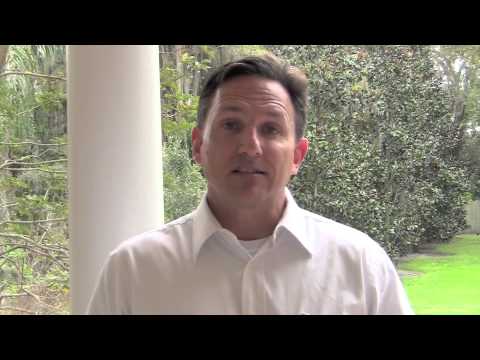A common way that insurance companies defend against Florida car accident claims is by arguing that the property damage to a vehicle is not dramatic enough to convince a jury that a person would have been injured in a given crash. The insurance industry calls these low impact crashes, or minor impact cases.
As appealing as this argument might be on the surface, it doesn’t accurately reflect Florida law. Under Florida law, defendants must take plaintiffs exactly as they find them.
Historically, this has sometimes been referred to as the “eggshell plaintiff rule”. Essentially, the rule says that if a defendant is unfortunate enough to run into or impact someone who is very, very fragile for whatever reason (an “eggshell plaintiff”), the defendant has to pay for all of the damage he has caused – even when it is a low impact crash.
Defendants seem to not like this rule very much. They tend to look at accidents and formulate settlement offers based on what the injuries should have been, given the physical damage to the property.
The applicability of this rule was driven home to me as I was reading a story about Pedro Camargo, and 80-year old man from Summerfield, Florida, who was killed in what seemed from the story to be a fairly minor intersection collision in Altoona. Of course, the story was not clear about who was at fault for the accident – and that is an important consideration, obviously – but if the other vehicle was at fault, then the other vehicle driver would be entirely responsible for Mr. Camargo’s damages – even if the crash was not severe.
If you have any questions regarding seemingly low impact crashes that have caused significant injuries or death, please call Winter Park personal injury and wrongful death attorneys Kim Cullen and Robert Hemphill at 407-644-4444. Cullen & Hemphill is a small, boutique law firm that has recovered millions for it clients. Consultations are always free, with no obligation.

 Call Us Now
Call Us Now Email Us Now
Email Us Now


